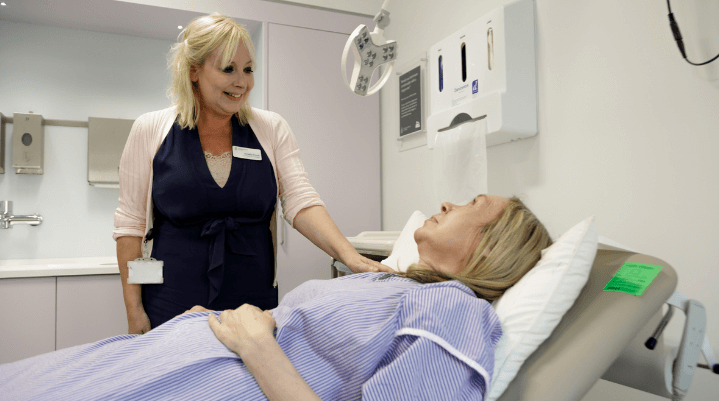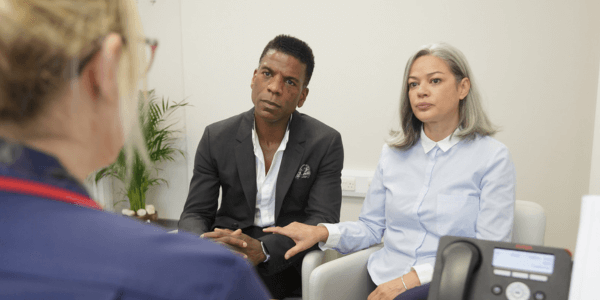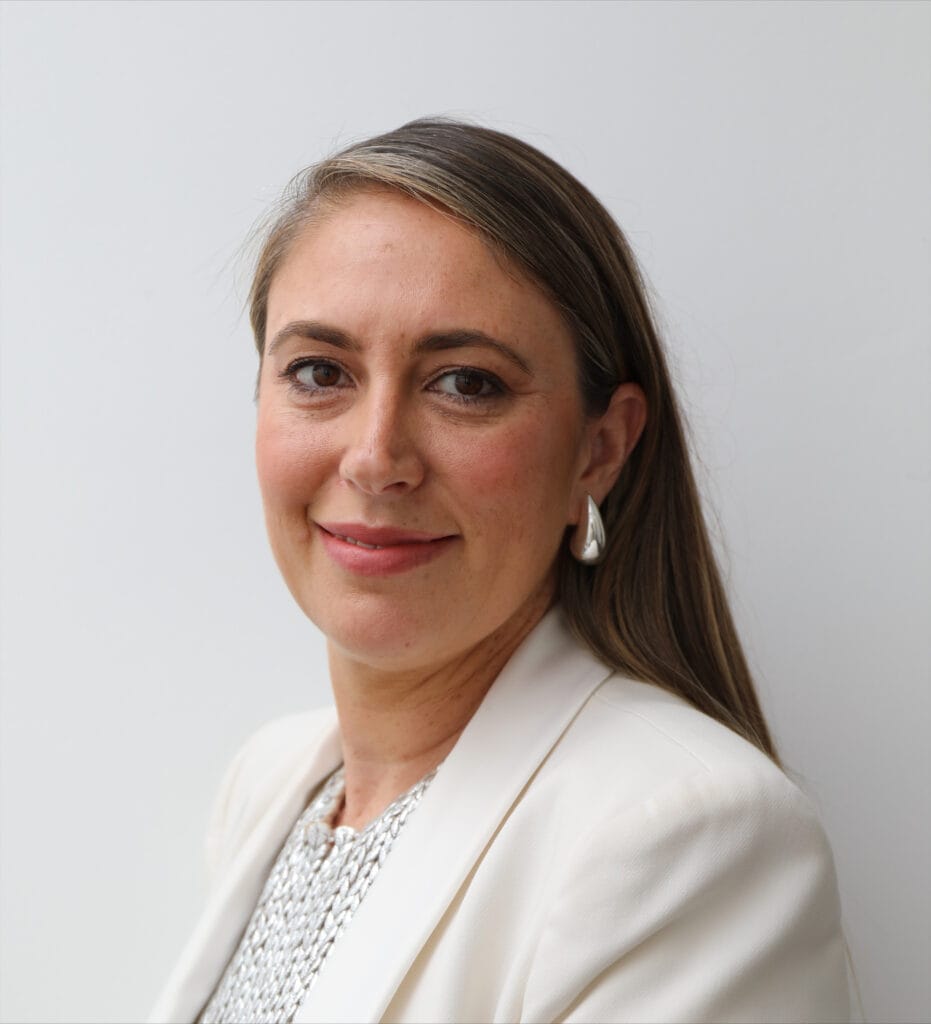Health Hub
Gynaecological cancer: The role of the patient in treatment decisions
Checked for accuracy by Professor Christina Fotopoulou

Having a cancer diagnosis is a frightening experience. You will have many questions, fears and hopes and it may feel like you’re on a rollercoaster that you cannot get off.
Professor Christina Fotopoulou, Clinical Director of Women’s Health at King Edward VII’s Hospital, discusses the role of the patient plays in making decisions about their cancer treatment.
Your diagnosis and treatment plan would have been discussed extensively at a multidisciplinary team meeting, involving surgeons, oncologists, pathologists, radiographers and nurse specialists to ensure that you’re given the best, most effective, most appropriate and evidence based care.
You can read more about what happens in order to get a gynaecological cancer diagnosis in our Health Hub article, What happens if you think you have gynaecological cancer?
Despite all of the medical experts involved in your care, your input as a patient is just as important.
The role of a multidisciplinary team to guide your treatment
Cancer treatment decision making factors are not black and white. They’re based on the individual, their diagnosis, age, lifestyle and health status.
It’s your doctor’s obligation to inform you of the most sensible options available to you, given the results of the discussion at the multidisciplinary team meeting. But it isn’t then a case of your doctor telling you what they’re going to do and when they’re going to do it.
Ethically, they’re obliged to present to you, the results of the multidisciplinary team meeting, to help inform your decision about what’s best for you.

How much say will I have as a cancer patient?
Many decades ago, in some countries and cultures, it was normal practice for cancer patients to not actually be told that they have cancer. They would have been treated for cancer, with whatever technologies and medications they had at the time, but they would never be told that they were to treat or manage cancer.
Now, it’s completely different. It’s deemed essential that the patient is fully informed and involved in the decision making process, from the time the diagnosis is made to the end of treatment and beyond.
In fact, patients are considered core players in the process and are key in driving all decisions that need to be made. Singular doctor-led decisions are no longer the norm.
You, as a cancer patient, are best kept fully informed in order to help you get as much from your treatment as possible. The more your active involvement, the better you will know how to face cancer, and fight it.
That’s not to say that you’re on your own when it comes to making decisions. Your doctors, nurses and other specialists will be on hand to help you make informed decisions, every step of the way.
And whilst it’s always a good idea to listen to the advice of your doctors, never be afraid to ask questions or for something to be explained as many times as you need it to be.

What discussions will I have with my doctors?
In order to help you make decisions along with your medical team, your doctors, including your gynaecologist and oncologist, will discuss the risks and benefits of each option available to you.
For example, this might be the risks and benefits associated with performing surgery before chemotherapy, vs the other way around. Or, it might be the risks and benefits to you having no treatment at all, or to how far you wish to go in terms of treatment.
Once discussed, if you have very strong views on a suitable and beneficial treatment plan, then your doctors will follow that plan. But often, you’ll be given a few days to think about your options, and talk to loved ones about them, before discussing them again and planning the next steps.
Read our blog on Talking to your loved ones about your cancer diagnosis.
Surgery for cancer patients
Operations to remove cancerous lumps and tissues have changed massively from how they were in the past. They may be more extensive now, especially for advanced cancers, but they tend to be less traumatic as new technology, surgical instruments and procedures have advanced.
There are also more advanced recovery options. In the past, a postoperative patient might have been on bed rest for days or weeks. But now, often, you’ll be encouraged to sit upright on the side of the bed within a day of an operation, or even the same day.
Better management and a different approach to recovery now means better and faster healing. As a general rule, you may expect to feel fully recovered from surgery and treatment around nine months from the start of your treatment.
Advances in science and medicine have allowed doctors to render many cancer cases a chronic disease. For example, early stage cervical cancer has a very high cure rate.
You’re key in making decisions about your care, along with your doctors, nurses and other specialists, and you will be provided with the care and support you need throughout the entire process.
Watch our informative Gynaecological Cancer Explained webinar to learn how our multidisciplinary team can help provide you with an individualised care plan to support your diagnosis and recovery.
More information
- If you’re concerned about gynaecological symptoms of cancer, speak to your GP who may refer you to a specialist. (Don’t have a GP?)
- The King Edward VII Hospital’s Gynaecological Oncology department is equipped with the latest technology, services and staff to diagnose, treat and manage all types of gynaecological cancers.
Article Sections
Latest Hospital News
Should you wish to speak to our press team, please visit Press Enquiries





